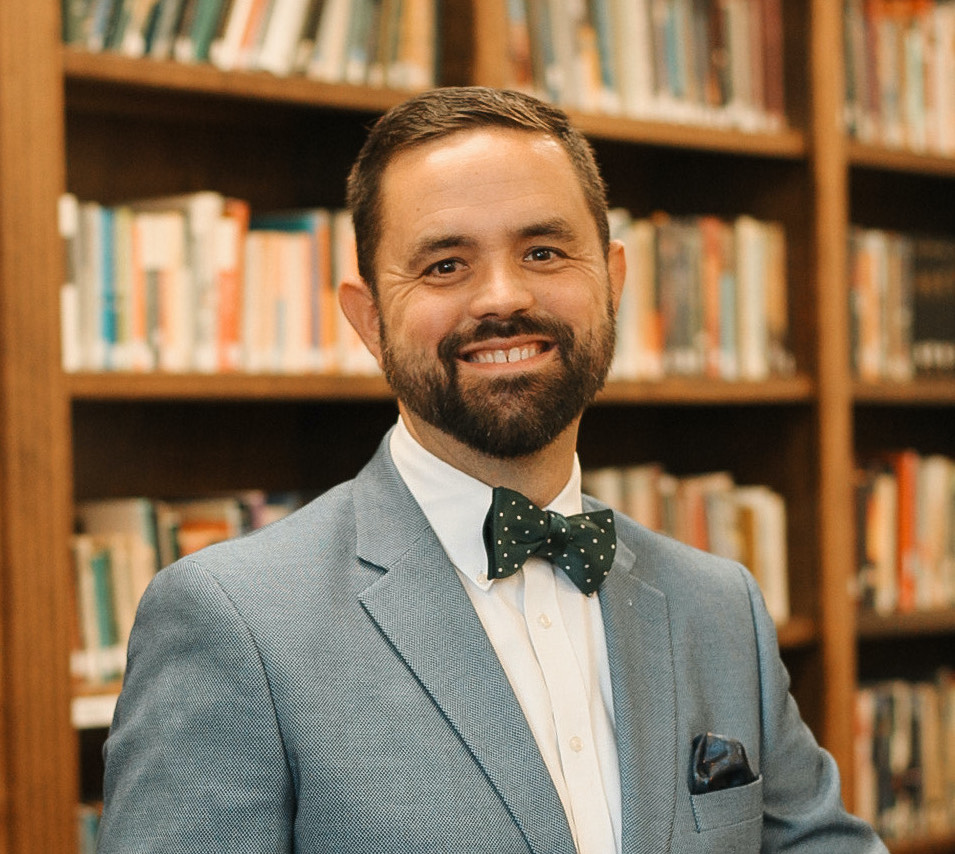 What possible connection could there be between an ancient Greek teaching method, learning experienced shared by Trinitas students, and how intentional parents can train thoughtful children?
What possible connection could there be between an ancient Greek teaching method, learning experienced shared by Trinitas students, and how intentional parents can train thoughtful children?
First the answer to the question and then an explanation. The connection is this: the pursuit and apprehension of Truth. In several of his writings such as Phaedrus, Republic, Gorgias, and Meno, Plato records conversations that his teacher Socrates has with various interlocutors aimed at arriving at a central truth. Commonly called Socratic Dialogue, this method of using questions to critically examine one’s thinking can also be referred to as dialectic thinking.
A classic example of Socratic Dialogue can be found in the conversation Plato recorded between Socrates and Euthyphro in which the nature of piety is considered as Euthyphro attempts to defend his action of holding his father accountable for manslaughter. As the back and forth continues, Socrates continually presses Euthyphro to recognize the contradictions and inconsistencies in his thinking that undergird his resolute action to prosecute his father. Unfortunately, the conversation ends abruptly with Euthyphro hurrying off perhaps to avoid acknowledging his conflicted logic.
Such an exchange is one of the teaching methods that Trinitas teachers employ in the classroom. Socratic Dialogue can help students discover flaws perhaps in their mathematical reasoning or a theory they develop to understand a scientific concept. Regardless of the class or subject, one key to the successful use of Socratic Dialogue is the pursuit of a single main idea. Although rabbit trails occasionally occur and can be beneficial, it is the task of Socrates (e.g. the teacher) to have clearly in mind a telos or endpoint for the conversation.
A prime example of the use of Socratic Dialogue at Trinitas occurred recently during the Senior Thesis defenses. As occasionally happens, when students would get stuck during their defense perhaps by a line of inquiry they were not expecting, their thesis advisor, Mr. Sean Hadley, would initiate a sequence of short questions leading them from the knowledge they formed through their research or class discussions to a place of understanding where they could then understand and address the question with which they had previously struggled. Although a short declarative statement would have given them the missing information, the student gained better comprehension through the Socratic process.
Clearly, Socratic Dialogue works well for students in a classroom but what about for parents in the home?
First, the big picture. Children must be taught that Truth exists and that it is knowable. As Christians, we understand that Truth is found in the person of Jesus Christ (John 14:6). We must guard our children against the pernicious lies that truth is either relative or that they can determine truth for themselves.
Second, we must be wise about when and how to use Socratic dialogue in parenting. A question and answer discussion should never replace first-time obedience in the home. The Socratic dialogue should be reserved for use with older children who have been trained to respect and obey their parents. Only then can they reap the benefits of the examined life that is worth living that Socrates referred to in Apology.



